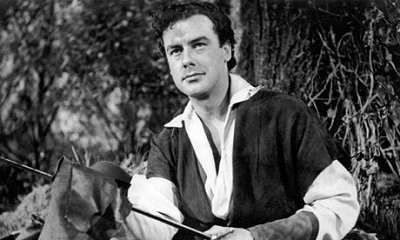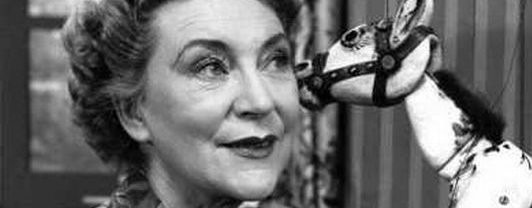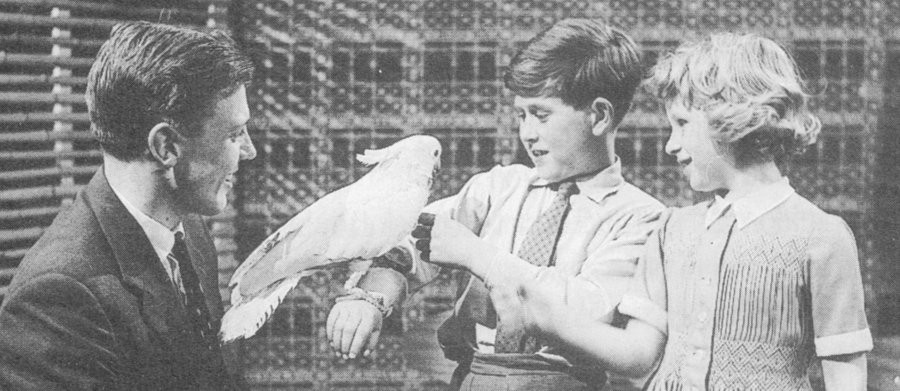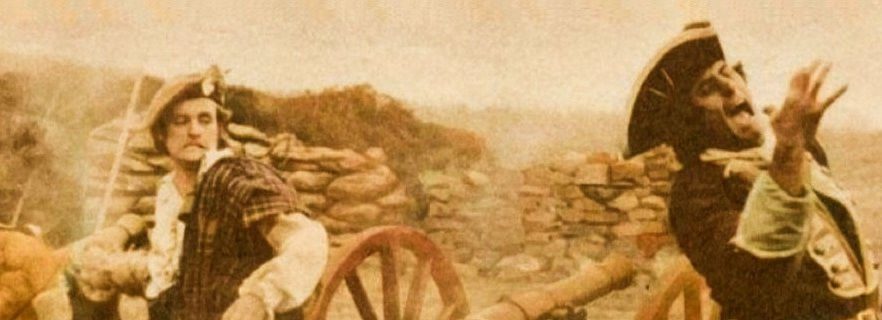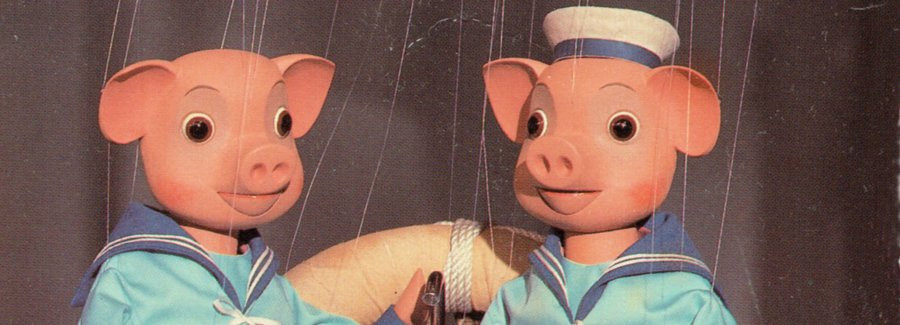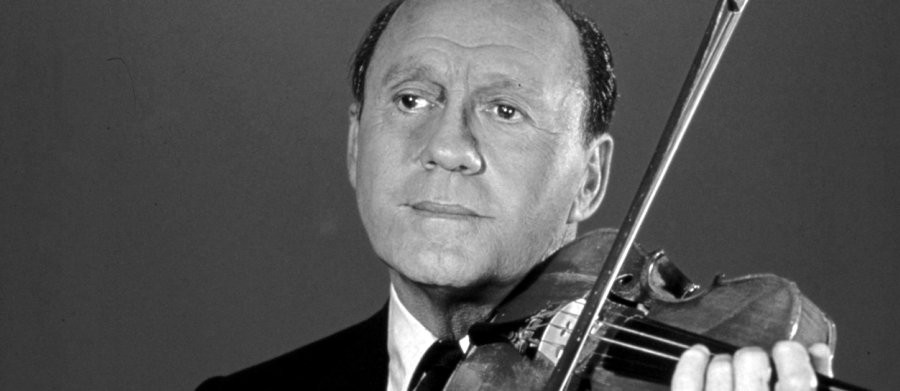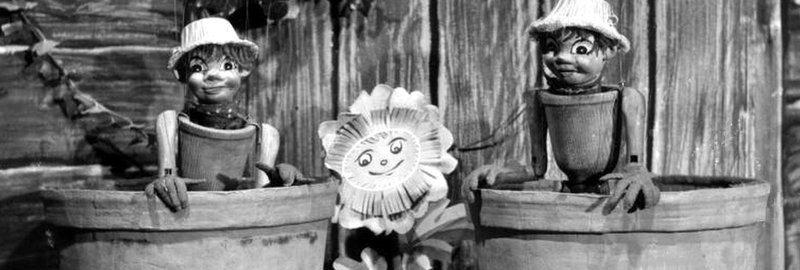
Watch With Mother
1950 - United KingdomBorn from For The Children, Watch With Mother was an umbrella title for a variety of children's programmes that began in 1950 and endured until 1980 in a midweek lunchtime slot on BBC television. The new title was to compliment the radio version 'Listen With Mother', for which a generation of youngsters would hang on the words "Are you sitting comfortably? Then I'll begin."
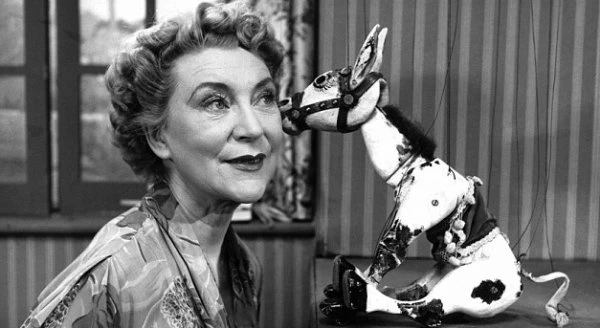
For The Children had begun as a ten-minute slot in 1937 and was one of the first television programmes reintroduced by the BBC after the War. Introduced by Annette Mills (sister of actor Sir John), it 'starred' Muffin The Mule, a wooden horse that stood atop a grand piano. The pair proved so popular that they became regulars on the series and were joined by Oswald The Ostrich, Mr Peregrine The Penguin, Prudence and Primrose Kitten, Sally The Sea-Lion, Louise The Lamb and Monty The Monkey. Muffin's strings were pulled by puppeteer Ann Hogarth who had bought him for just 15 shillings (75p). Muffin's last TV appearance with Annette Mills was in 1955, just days before she died. By that time the BBC had installed the regular 1.30 pm Tuesday to Thursday slot consisting of Andy Pandy, The Flowerpot Men, and Rag, Tag and Bobtail. In 1955 these were joined by Picture Book (Monday) and The Woodentops (Friday).
Andy Pandy, with his blue and white striped suit and floppy hat, was the creation of schoolteacher Maria Bird and made at the behest of the BBC's Head of Children's Programmes, Freda Lingstrom. The first four episodes were shown purely as an experiment, after which the corporation invited viewers to express their opinion before going into full production with a series. The puppet lived in a picnic basket and was accompanied by Teddy and Looby Loo, a rag doll who had her own special song; "Here we go Looby Loo". The stories were told by Vera McKechnie, and Andy continued in repeat form (only 26 episodes were ever made), right up until 1969 when the original black and white prints became too poor to use. The following year thirteen new colour episodes were shot at the Abbey Road studios and these were repeated until 1976.
Bill and Ben were The Flowerpot Men who lived in a shed at the bottom of a garden and in between their large flowerpot homes lived Little Weed ('W-e-e-e-d'), who informed them when it was safe to come out and play and when the gardener was returning. Peter Hawkins, who later supplied the voices for Doctor Who's Daleks, invented Bill and Ben's 'flobadob' language, much criticised at the time for promoting immaturity, much in the same way as the Tellytubbies were in the 1990's. Rag, Tag and Bobtail, Thursdays offering, featured the escapades of three glove puppets; a hedgehog, a mouse and a rabbit. 26 episodes were made but numbers one and two were never screened. Picture Book was hosted initially by Patricia Driscoll, with stories read by Charles E. Stidwell but was taken over by Vera McKechnie when Driscoll left to star as Maid Marion in ITC's The Adventures of Robin Hood.
Friday's offering was brought to the screen by the same team responsible for Andy Pandy and The Flowerpot Men. The Woodentops were; Mummy, Daddy, twins Willie and Jenny, Baby Woodentop and Spotty Dog. The series was produced for three years and repeated until 1973. In the latter part of the 1960's additions to Watch With Mother came in the form of Tales of The Riverbank, Camberwick Green, The Herbs, Mary, Mungo & Midge, and Pogles' Wood. Later still came Mr Benn and Bagpuss, although many of these latter shows became so popular in their own right that many forget that they were part of the Watch With Mother strand.
When in 1987 the BBC put together a compilation of episodes from as early as 1952 up to 1963, it became a best selling video. By that time the series title had changed to See-Saw. Affirming the enduring quality of these characters both Bill and Ben and Andy Pandy were later given a completely new make-over for a new generation of youngsters. Are you sitting comfortably?
Seen this show? How do you rate it?
Seen this show? How do you rate it?
Published on February 11th, 2019. Written by Laurence Marcus (2002) for Television Heaven.


